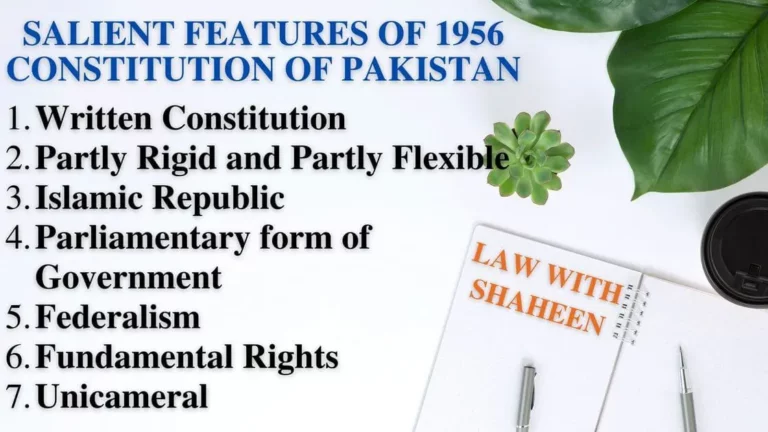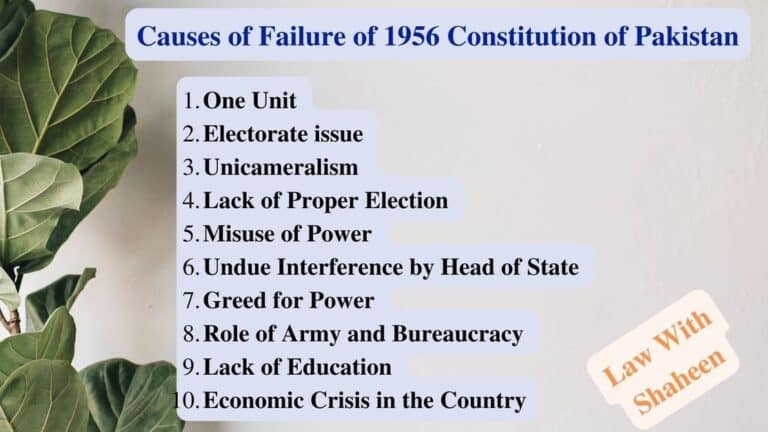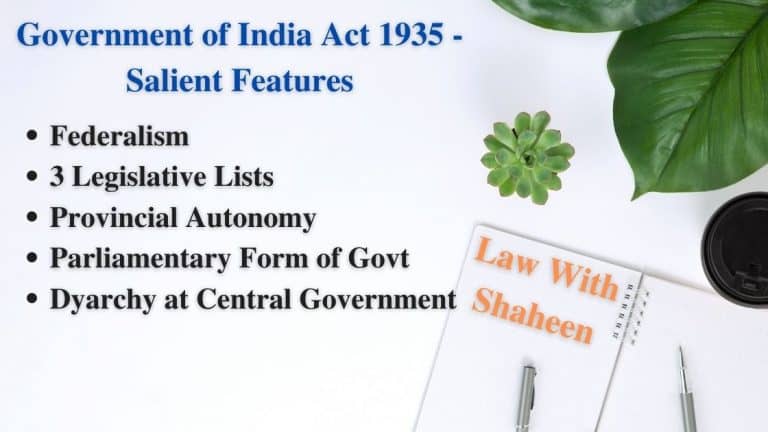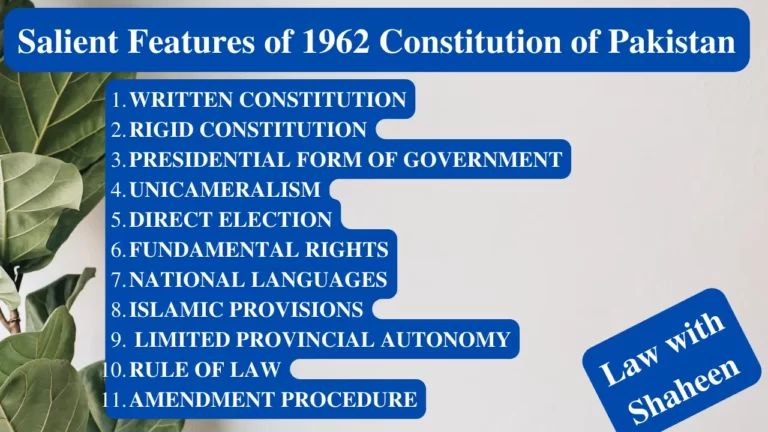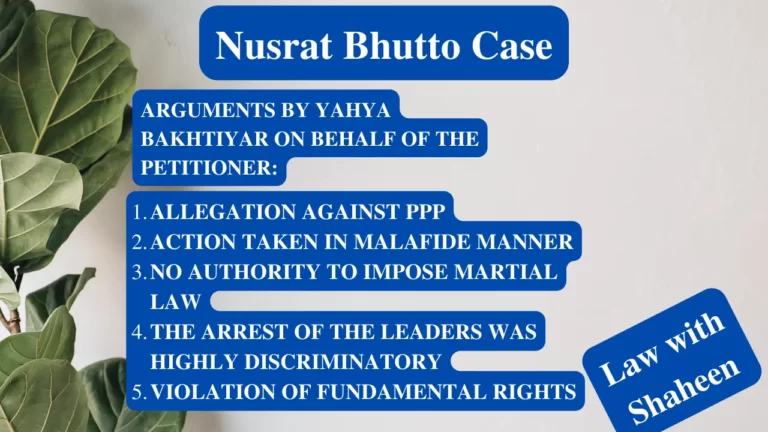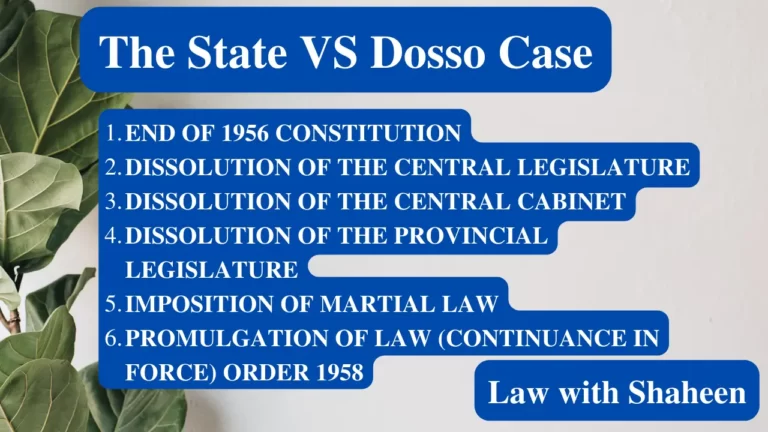Article 95: Vote of No Confidence Against Prime Minister
The Prime Minister of Pakistan is the Head of the Government. The 1973 Constitution of the Islamic Republic of Pakistan provides the method of the removal of the Prime Minister in Article 95 part III, chapter III. Relevant Provisions: Article

